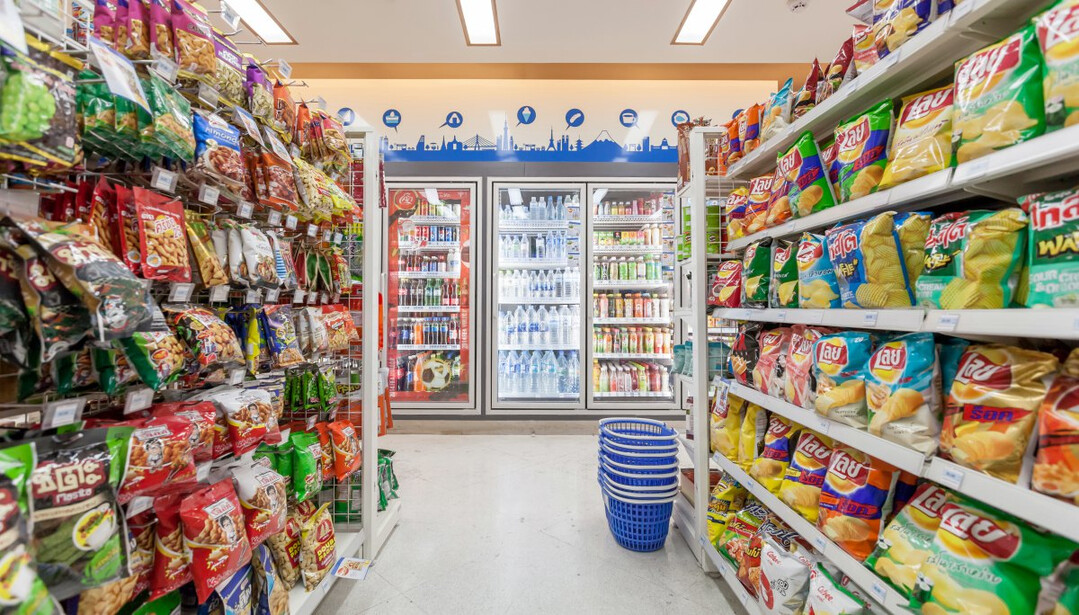
SEOUL – South Korea's convenience store industry is facing a reckoning after years of aggressive expansion. The sector enjoyed a boom during the COVID-19 pandemic as consumers increasingly turned to neighborhood stores. However, this growth spurt has led to saturation, eroding profitability for major players.
GS25, the nation's second-largest chain, saw its revenue rise by 5.1% to 8.67 trillion won ($6.5 billion USD) in 2023. Yet, its operating profit fell by 10.9% to 194.6 billion won ($146 million USD). BGF Retail, which operates the CU chain, experienced a similar trend. Its revenue grew by 6.2% to 8.7 trillion won ($6.5 billion USD), but operating profit dipped slightly to 251.6 billion won ($189 million USD).
The situation is even more dire for smaller chains. Seven Eleven's revenue for the first three quarters of 2023 fell by 6.3%, with operating losses more than doubling to 52.8 billion won ($40 million USD). E-Mart24 saw its revenue decline by 2.8%, while operating losses widened to 29.8 billion won ($22 million USD).
Overexpansion Blamed for Profit Squeeze
Industry experts attribute the declining profitability to an overzealous expansion race. At the end of 2023, the combined number of stores operated by the top four chains – CU, GS25, Seven Eleven, and E-Mart24 – reached nearly 55,000. This represents a staggering 30% jump from 2019, the year before the pandemic.
"The problem is that the market has become saturated," said an industry insider who requested anonymity. "In the past, simply opening more stores would guarantee revenue and profit growth. But that's no longer the case."
Indeed, the number of convenience stores in South Korea is now approaching that of Japan, a country with 1.4 times the population. Both GS25 and CU have publicly acknowledged that the costs associated with their rapid expansion have weighed heavily on their bottom lines.
A Shift Towards Profitability
Looking ahead, convenience store chains are expected to shift their focus from expansion to profitability. With economic uncertainty looming, they are likely to cut back on new store openings and instead concentrate on maximizing revenue at existing locations.
"The era of simply expanding to gain market share is over," said the industry insider. "Convenience stores will now need to focus on internal growth and efficiency."
The Road Ahead
The challenges facing South Korea's convenience store industry are a cautionary tale for retailers around the world. As markets become increasingly saturated, companies can no longer rely on expansion alone for growth. Instead, they must find ways to optimize their operations and deliver greater value to customers.
[Copyright (c) Global Economic Times. All Rights Reserved.]






























